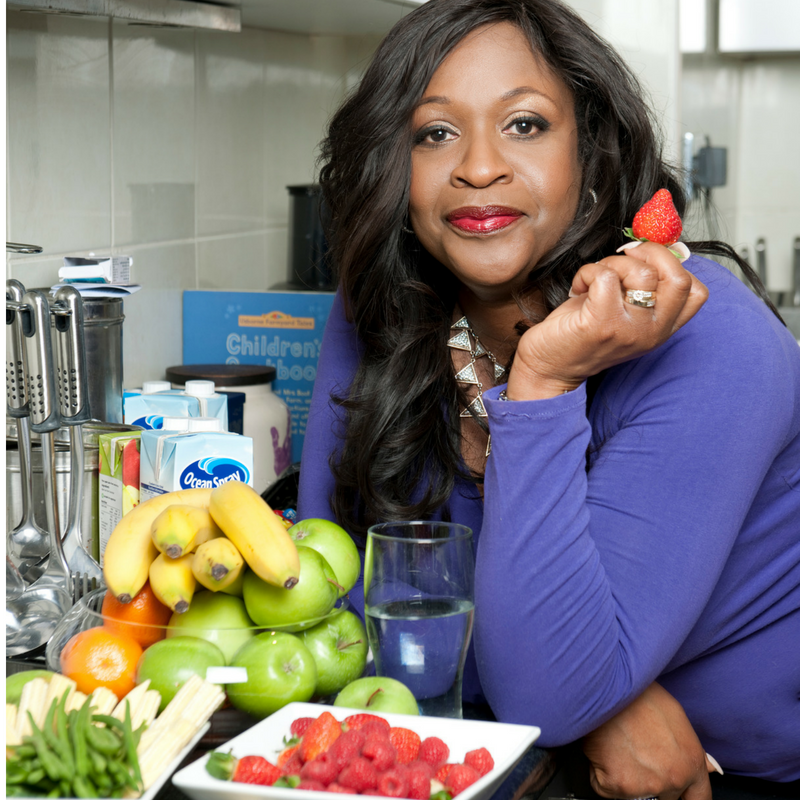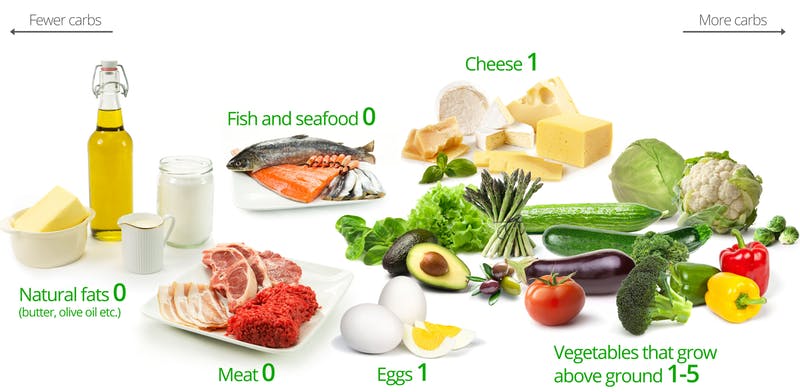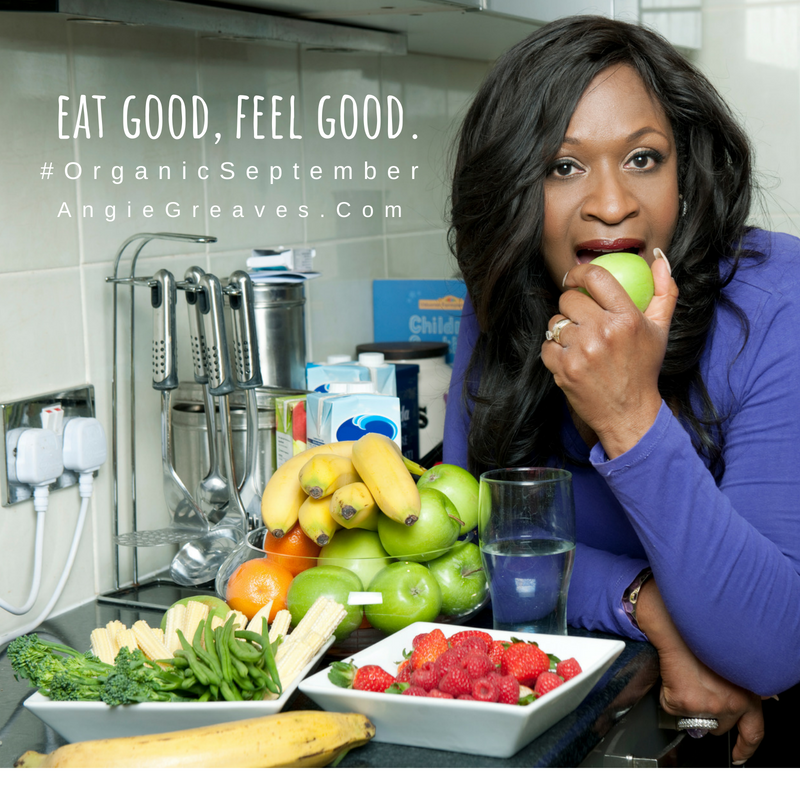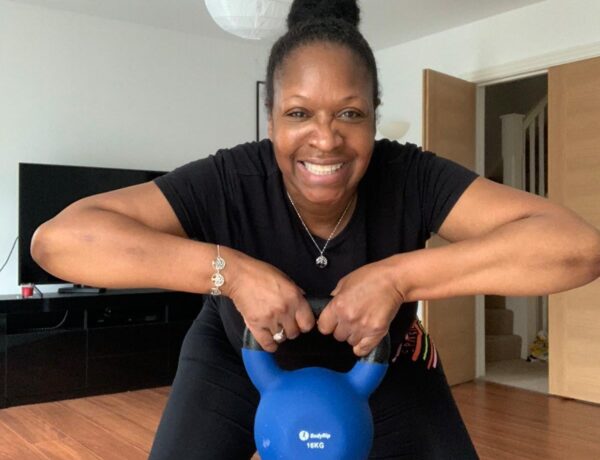I really can’t knock a lot of the dieting and weight loss plans that are available on the market. They all have their place and they all have a success rate that I’ve benefited from – numerous times. A year ago last September I decided to give up sugar and I’ve loved the results!
I’ve also started drinking humongous amounts of water every day inclusive of fruit and herbal teas. Cooking with coconut oil has also become part of my regime. And the amazing thing is I wanna continue, I don’t have any cravings for sugar (well not yet anyway) and I’m enjoying how I feel so much so I want to continue on this road and start to incorporate exercise.
I’m eating clean. No (unhealthy) carbs and very limited sugar. I know right? It’s a lot to bite off, so to speak, but I’ve been at it for over a year now. I found myself always struggling around the holidays to start this diet or that… whatever new trend that maybe THIS TIME… would stick. What I’m learning about myself is that diets just don’t work for me. But a lifestyle change does. Instead of worrying about the scale and what I look like, I’m finding that I’m loving how I FEEL with this new way of life.
Full of energy and excitement, not being exhausted all the time… it’s FABULOUS. And seeing that September is about all things organic and it’s been a whole YEAR since I got off the sugar train, I thought it was the perfect time for me to share this with you!

#OrganicSeptember is a month-long campaign which aims to raise awareness of Organic products, and the brands, producers and farmers who bring them to us in the UK.
Why go organic?
Organic produce contains fewer pesticides. Chemicals such as fungicides, herbicides, and insecticides are widely used in conventional agriculture and residues remain on (and in) the food we eat.
Organic food is often fresher because it doesn’t contain preservatives that make it last longer. Organic produce is often (but not always, so watch where it is from) produced on smaller farms near where it is sold.
Organic farming is better for the environment. Organic farming practices reduce pollution, conserve water, reduce soil erosion, increase soil fertility, and use less energy. Farming without pesticides is also better for nearby birds and animals as well as people who live close to farms.
Organically raised animals are NOT given antibiotics, growth hormones, or fed animal byproducts. Feeding livestock animal byproducts increases the risk of mad cow disease (BSE) and the use of antibiotics can create antibiotic-resistant strains of bacteria. Organically-raised animals are given more space to move around and access to the outdoors, which help to keep them healthy.
Organic meat and milk are richer in certain nutrients. Results of a 2016 European study show that levels of certain nutrients, including omega-3 fatty acids, were up to 50 percent higher in organic meat and milk than in conventionally raised versions.
Organic food is GMO-free. Genetically Modified Organisms (GMOs) or genetically engineered (GE) foods are plants whose DNA has been altered in ways that cannot occur in nature or in traditional crossbreeding, most commonly in order to be resistant to pesticides or produce an insecticide.
NO sugar NO carbs? Why?
Abel James, fitness and nutrition coach, author and host, explains that severely limiting or cutting out carbs completely puts the body into a state of ketosis. In ketosis, ketones are released into the blood because the body is burning fat, instead of carbohydrates. These ketones occur because the body is out of glucose. In a study of the long-term effects of ketosis in patients who are obese, researchers found that a 24-week ketogenic diet (that is, low-carb, high fat), resulted in not only a reduction in weight, but other health benefits as well. Since the body can rely on ketones, rather than glucose, for brain function and other body energy needs, a strong case is made for low-carb diets that keep the body in a state of ketosis.
- Eat: Meat, fish, eggs, vegetables growing above ground and natural fats (like butter).
- Avoid: Sugar and starchy foods (like bread, pasta, rice, beans and potatoes).
Eat when you’re hungry, until you’re satisfied. It’s that simple. You do not need to count calories or weigh your food. And just forget about industrially produced low-fat products.
There are many different types of low carb eating plans that are “popular” right now… Find out all the details from Healthline:
- A Typical Low-Carb Diet. The typical low-carb diet does not have a fixed definition. …
- Ketogenic Diet. The ketogenic diet is a very low-carb, high-fat diet. …
- Low-Carb, High-Fat (LCHF) …
- Low-Carb Paleo Diet. …
- The Atkins Diet. …
- Eco-Atkins. …
- Zero-Carb. …
- Low-Carb Mediterranean Diet.
You’ll have to discover which one is right for you… for me? I’m just sticking with lots of fruits and veg and drinking tons of water whilst eliminating bread, pasta, sugar, and alcohol.

When You Give Up Carbs…
1. You Start Burning Fat
2. You Feel Less Hungry
3. Your Belly Gets Flatter
4. You Slash Your Risk of Diabetes
5. Your Muscles Get Stronger
6. You Feel More Energized






